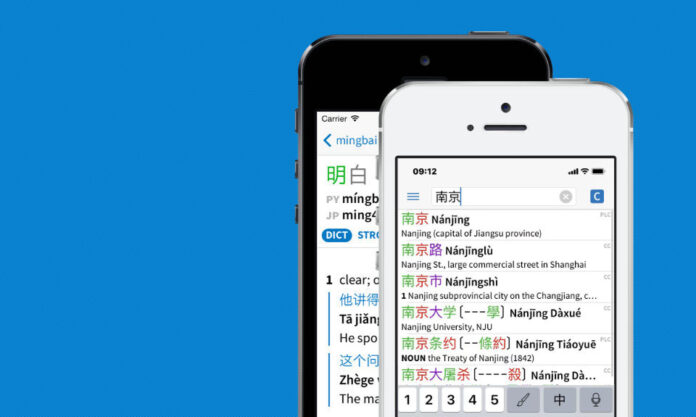Nanjingers speak Nanjing Dialect. While not altogether different from Mandarin in the way that perhaps Shanghainese is, the Nanjing Dialect is distinct but not unintelligible to the outsider. At least in the main.
Other than the very old, almost the entire population is fluent in spoken Mandarin, and this will be the de facto in business meetings. The same is true for most interactions in public, other than at the very local level.
An exception is the far south of Nanjing. In most parts of Gaochun District and southern areas of Lishui District, the Wu dialect is commonly heard.
As for English, Nanjing is not Shanghai, Beijing, Guangzhou or even Suzhou. Therefore, it should not be expected that local people will understand or be willing to speak English.
That said, be very aware that anyone middle aged or younger was probably obligated to study English. As a result, it is commonplace that Nanjingers will understand a good deal of spoken English but lack the confidence or ability to respond.
When speaking English in public in Nanjing, it is a good policy to assume you are being understood.
English is, however, spoken widely at five star hotels, the better hospitals and medical centres, plus most western restaurants and a great many bars. It is also commonplace across university campuses.
For non-Chinese speakers, therefore, it makes sense to stock up with a few translation apps. Bear in mind, Google Translate no longer works in China without a VPN, and thus, Baidu Translate or Microsoft Translator is the way to go. The Baidu app also features a voice and text-scanning function for extra functionality. Translation functions within the Super App, WeChat, are also excellent.
As to the accuracies of the above AI transaltion tools, The Nanjinger has found Google Translate to be the most superior, especially and surprisingly with translating from English to Chinese. Baidu does a good Chinese-English job but is often surpassed by Microsoft.
For a general use dictionary, the Pleco app (pictured) is the excellent go-to choice for many a Chinese student, although it should be said that the live optical-character recognition function is a paid-for extra (about US$10). Its dictionary is also stored on one’s phone so no internet connection necessary.








